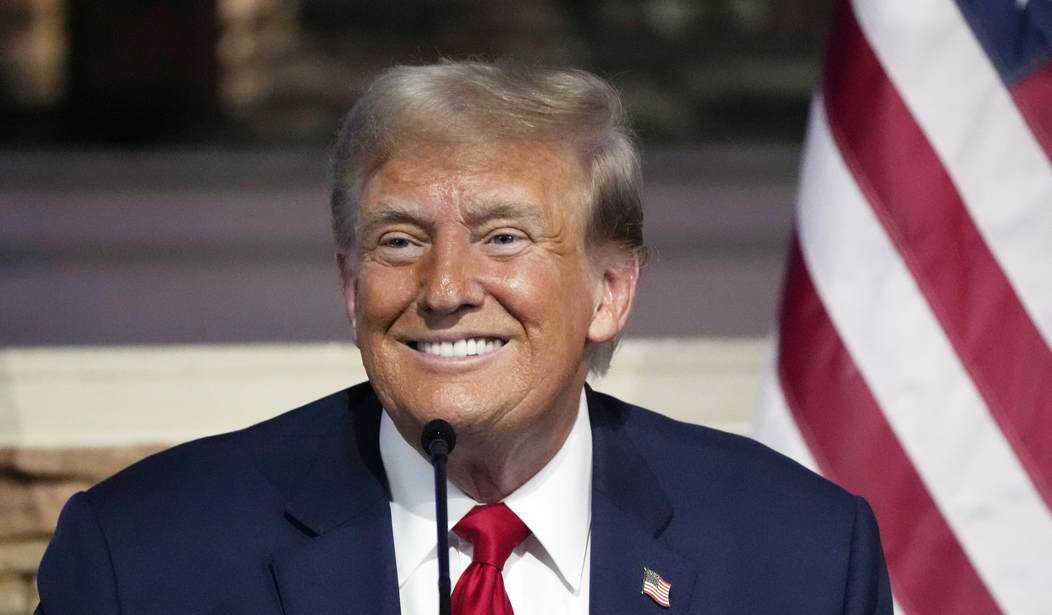UPDATE: The new date for Trump's sentencing has been set for September 18.
***Original story***
New York District Attorney Alvin Bragg and his prosecution team have agreed to delay scheduled sentencing for former President Donald Trump on July 11 after the Supreme Court ruled Monday U.S. presidents have immunity for "official acts.” On Monday night Trump’s legal team filed a letter with Judge Juan Merchan to have 34 convictions in the case tossed out, citing the Supreme Court’s opinion.
"Although the Manhattan case does not center on Mr. Trump’s presidency or official acts — but rather personal activity during his campaign — his lawyers argued on Monday that prosecutors had built their case partly on evidence from his time in the White House,” the New York Times reports. “And under the Supreme Court’s new ruling, prosecutors not only cannot charge a president for any official acts, but also cannot cite evidence involving official acts to bolster other accusations."
Sentencing has been delayed for at least two weeks and until after the RNC convention in Milwaukee, where Trump will be officially nominated by Republican delegates for president.
NEW - The Manhattan DA’s office said Tuesday it would not oppose Trump’s request to file a motion arguing his conviction should be tossed, a move that will almost certainly delay Trump’s sentencing, which is currently set for July 11. Reporting w/ @AaronKatersky & @PCCharalambous pic.twitter.com/z6VzU8L2ug
— Katherine Faulders (@KFaulders) July 2, 2024
In its ruling on immunity, the Supreme Court kicked the question of what defines an official or unofficial act by a president back to the lower courts. Given the New York case was about falsifying business records, Trump’s efforts to get his convictions wiped out sets up the lower courts for that debate.
"Under our constitutional structure of separated powers, the nature of Presidential power entitles a former President to absolute immunity from criminal prosecution for actions within his conclusive and preclusive constitutional authority. And he is entitled to at least presumptive immunity from prosecution for all his official acts. There is no immunity for unofficial acts. This case is the first criminal prosecution in our Nation’s history of a former President for actions taken during his Presidency. Determining whether and under what circumstances such a prosecution may proceed requires careful assessment of the scope of Presidential power under the Constitution. The nature of that power requires that a former President have some immunity from criminal prosecution for official acts during his tenure in office," Chief Justice John Roberts wrote in the opinion. "At least with respect to the President’s exercise of his core constitutional powers, this immunity must be absolute. As for his remaining official actions, he is entitled to at least presumptive immunity."

























Join the conversation as a VIP Member